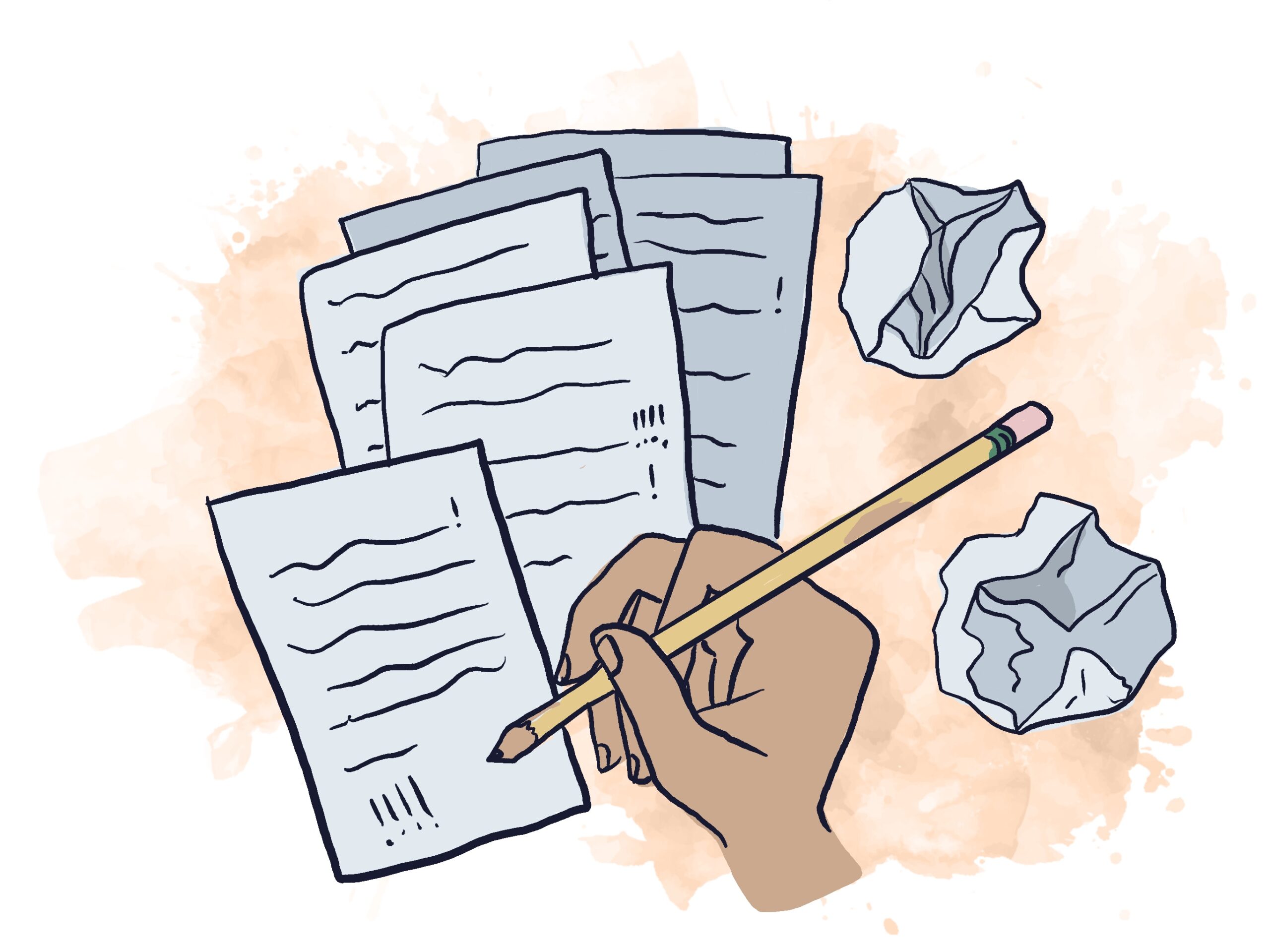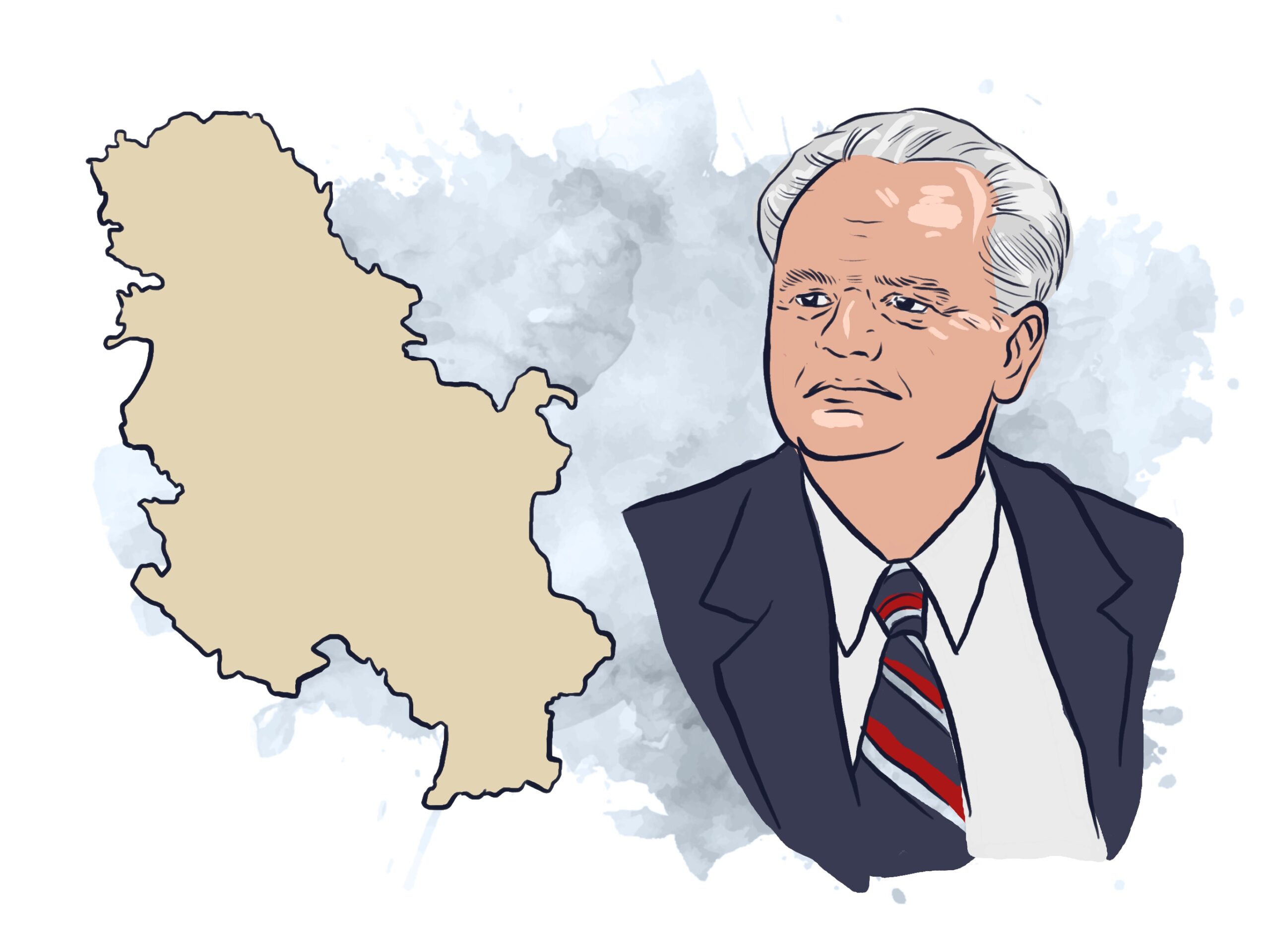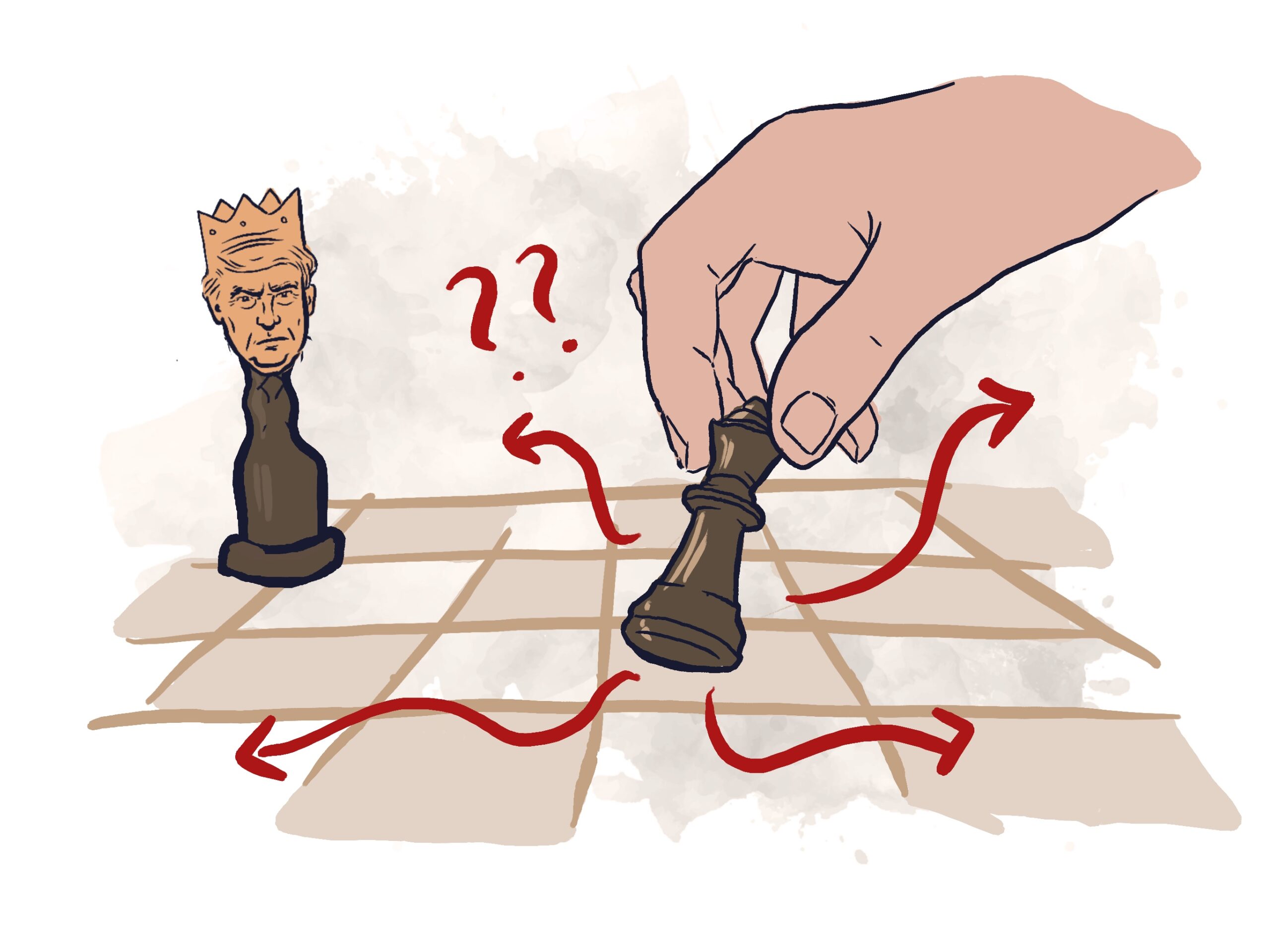You write scathing letters about dictatorships and the need to rebel against them. At first you are angry at groups who did not come out to defend you. You feel violently angry — which spikes when a Trump-appointed judge finds you guilty on terrorism charges and sentences you to 15 years in prison.


You spend the quiet hours in prison discussing and reading about how you got here. You learn about movements to fight dictatorships like those in Serbia. Dictator Slobodan Milošević incited his opposition into violence, knowing it would legitimize his crackdown. Once, he organized his supporters to protest on the same day and at the same location as opposition protests — with 20,000 police surrounding them. He understood that the more he could be seen as the force of “stability” against the violent hordes, the more stable his position would be. And it worked — until the opposition movement decisively chose a strategy that used internal discipline to refuse him those kinds of opportunities. They used humor, a decentralized structure, and poking fun at the dictator — not street confrontations — to gain widespread credibility and eventually remove him from power.
You realize a fight against a dictator is a fight over who has the broadest legitimacy in the public eye. Donald Trump was able to use a prolonged “state of emergency” to stay in power — despite the Supreme Court ruling against him — because he had gained too much legitimacy. You hope when you get released from prison you’ll be able to teach the movement to be more strategic and sensitive to which tactics will win over a wider audience.

THE END.
You didn’t win this time. Luckily, this is just a game. An autocrat thrives in the domain of violence — because it gives them an excuse to stay in power. Their strongman image is often bolstered by chaos on the streets, which is why they work so hard to foment it.
Read Closing Thoughts from the author.
